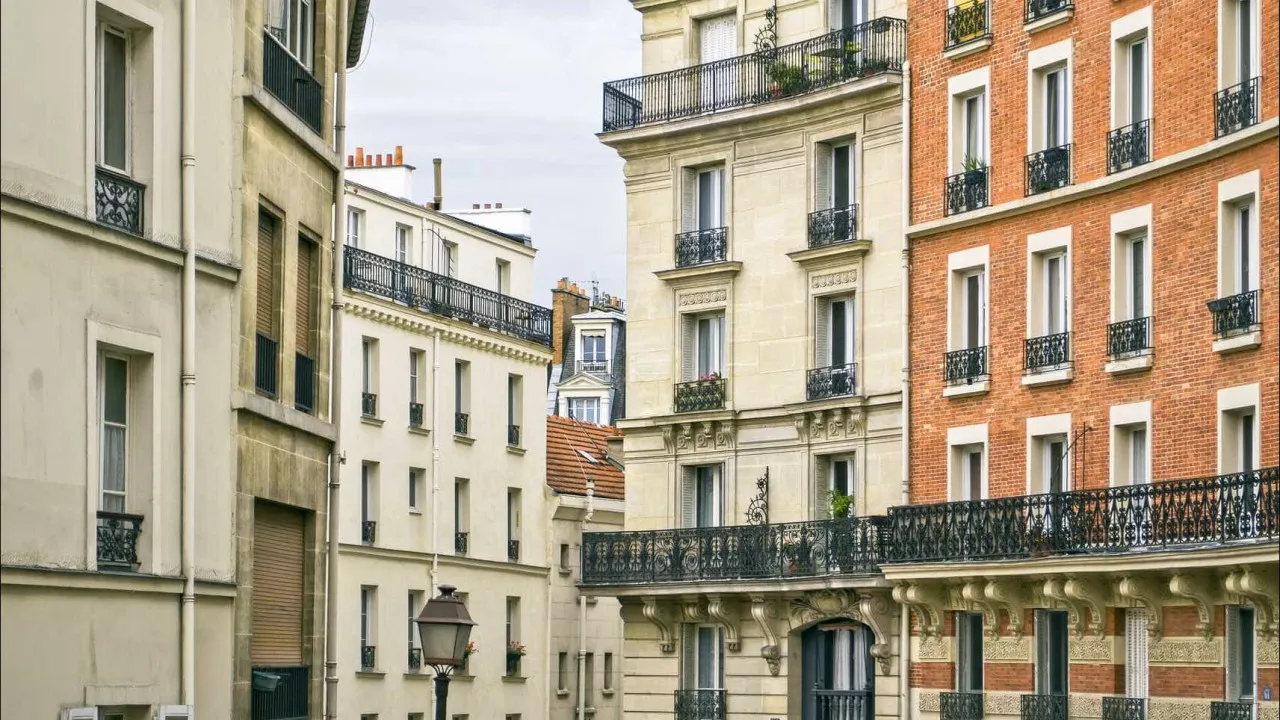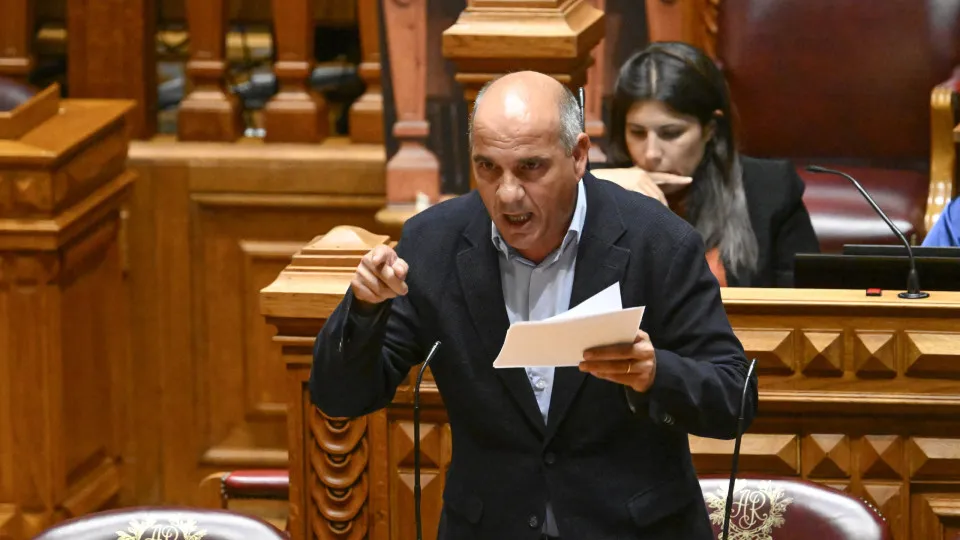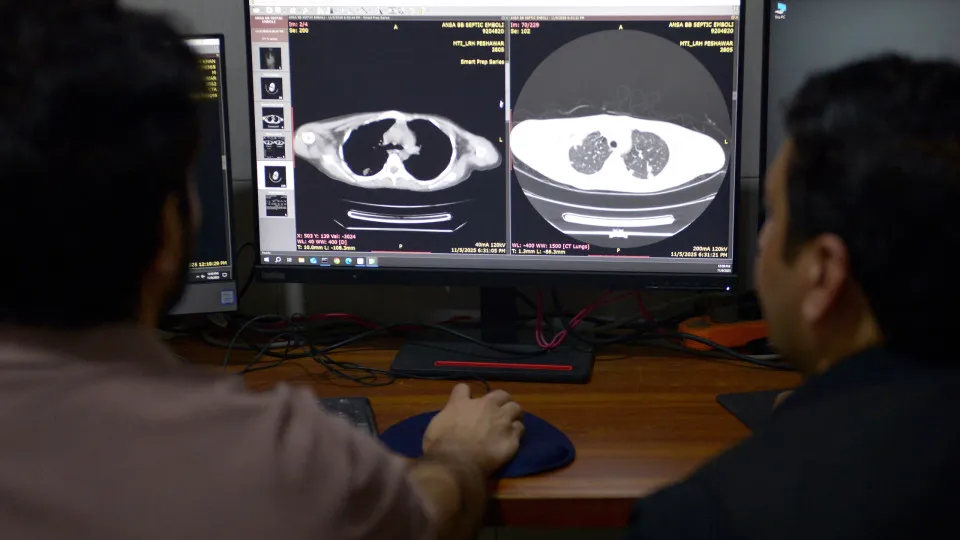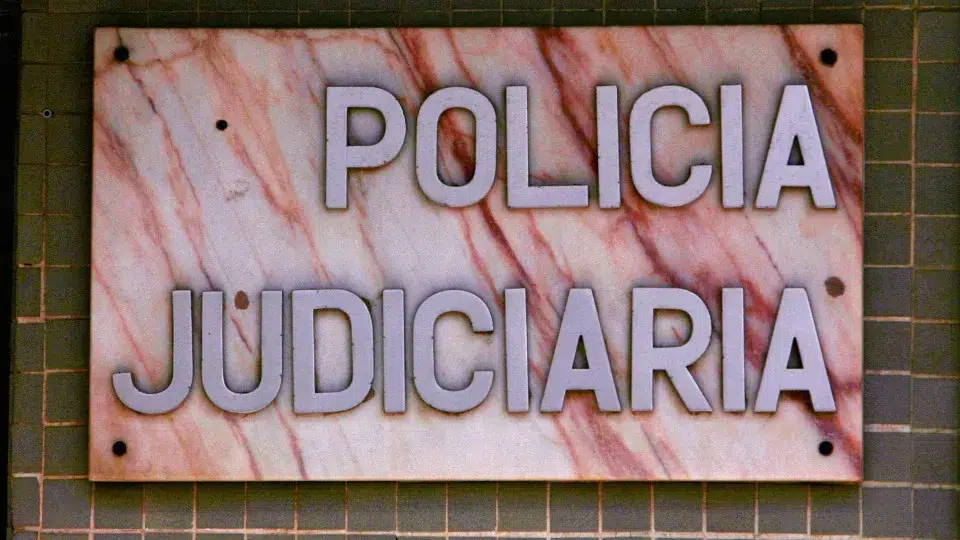
The government has outlined a plan to provide “quality housing for all” by decisively increasing the supply of private, public, and cooperative housing, addressing a sharp rise in property prices outpacing income growth in Portugal.
The government’s initial goal is to “construct 59,000 public homes and provide financing for further projects, including public-private partnerships (PPPs) in vacant state properties suitable for housing.”
An exceptional and temporary framework is being proposed to expedite the construction and renovation by private or cooperative efforts, through measures like reducing or eliminating tax costs on building or rehabilitation works.
The revision of the urban lease regime aims to restore market confidence and ensure effective contract resolutions in case of non-compliance.
Moreover, revisions to rental programs are planned to enhance the efficiency of affordable rentals and promote ‘build-to-rent’ investment contracts with the necessary predictability of returns and legislative stability to attract private investment.
The reuse of vacant or underused public properties is seen as a potential solution for the housing crisis, directing them towards housing purposes either directly or indirectly (allocating revenue when value maximization justifies it).
This strategy could involve offering property packages to experienced and qualified investors, starting with properties freed by the concentration of ministries and entities in Campus XXI.
The program also includes transferring scattered housing buildings and units from the state to municipalities for renovation and rehabilitation, then allocating them for rental housing.
The government advocates significantly reducing urbanization, building, use, and occupancy fees; applying a minimal VAT rate of 6% on construction and rehabilitation works and services, with limits on final property values.
The government also plans to simplify urban licensing procedures, aiming to curb “discretionary and disproportionate” approval and oversight powers.
A “comprehensive review” of the entire legislative framework for urban licensing and control is intended, alongside creating a new construction code to decisively enhance simplification and predictability.
The approach seeks to transition from a preemptive control model to a model of objective post-completion inspections, reducing non-essential construction obligations and requirements for safety.
Urban expansion priority zones are to be energized through urban rehabilitation and housing promotion societies, in partnership with municipal authorities, following the Parque Expo model, with decentralized planning and licensing and expedited infrastructure and social equipment implementation.
The government also plans to review and streamline all public rent support programs, simplifying and accelerating procedures and enhancing efficiency and equity in aid distribution.
Flexibility in territorial management instruments involving the government and local authorities is also intended to help create new urban centers in large metropolitan areas.




